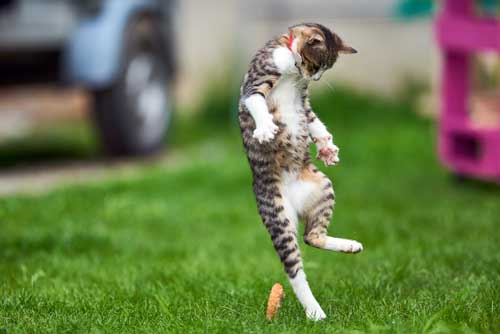The Best Treatment for Hypertrophic Cardiomyopathy in Cats
Like Yours.


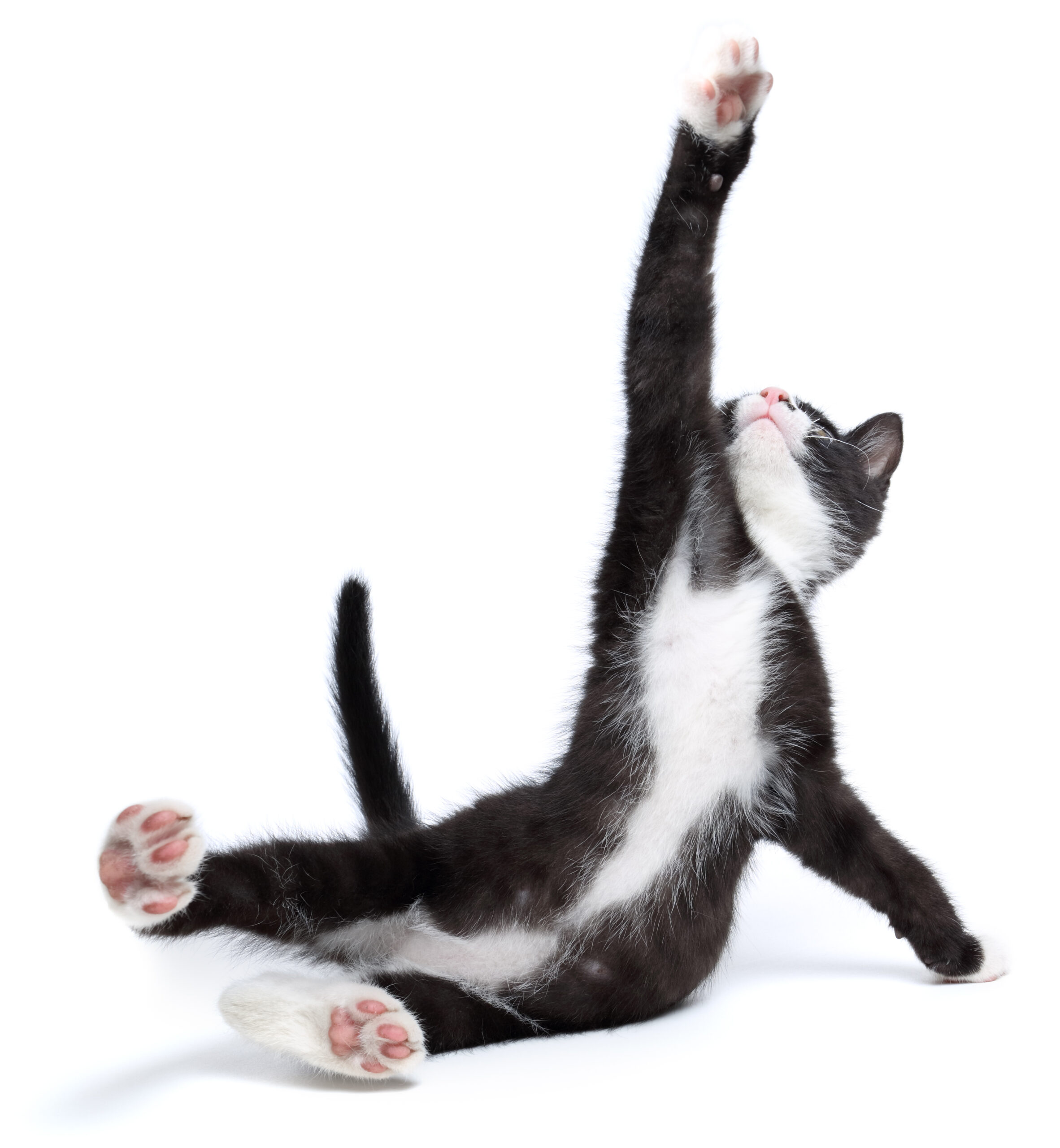

Life Expectancy for Cats with Hypertrophic Cardiomyopathy
How long do cats with Hypertrophic Cardiomyopathy (HCM) Live?
The life expectancy of cats with HCM depends upon two things:
- How early your cat’s HCM is diagnosed
- How severe your cat’s HCM is when diagnosed.
If your cat’s HCM is caught early and treated aggressively with RAPAMYCIN and supportive care, there is a good chance that your cat could live for years.
If your cat’s HCM is severe and caught late, then RAPAMYCIN may still be a benefit, but your cat could progress to heart failure in weeks to months.
What Causes Hypertrophic Cardiomyopathy in Cats
Hypertrophic Cardiomyopathy (HCM) is the single most common cardiac disease for cats, and is almost always GENETIC, or HEREDITARY. If your cat has Hypertrophic Cardiomyopathy, it is EXTREMELY likely that one or both of their parents also had the disease. Why didn’t the breeder recognize this and prevent breeding? A VERY good question, usually having something to do with dollars.
Because HCM is a hereditary disease, the sad truth is that there is very little we can do to prevent HCM in our cats.
The Symptoms of Hypertrophic Cardiomyopathy in Cats
What are the Symptoms of Hypertrophic Cardiomyopathy (HCM) in Cats?
The Symptoms of HCM in Cats include…
- Rapid breathing, even when at rest or sleeping. Normal cat respiratory rate is 15-30/min.
- Lethargy — Cats with HCM are not as active as normal cats.
- Weakness — Your cat with HCM may not be able to jump as high or run as fast as a normal cat
- Coughing is common in more severe cases of HCM.
- A heart murmur, diagnosed by your veterinarian.
- Sadly, sometimes sudden death
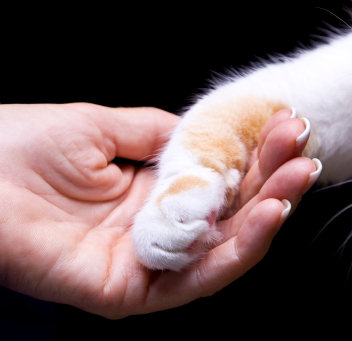
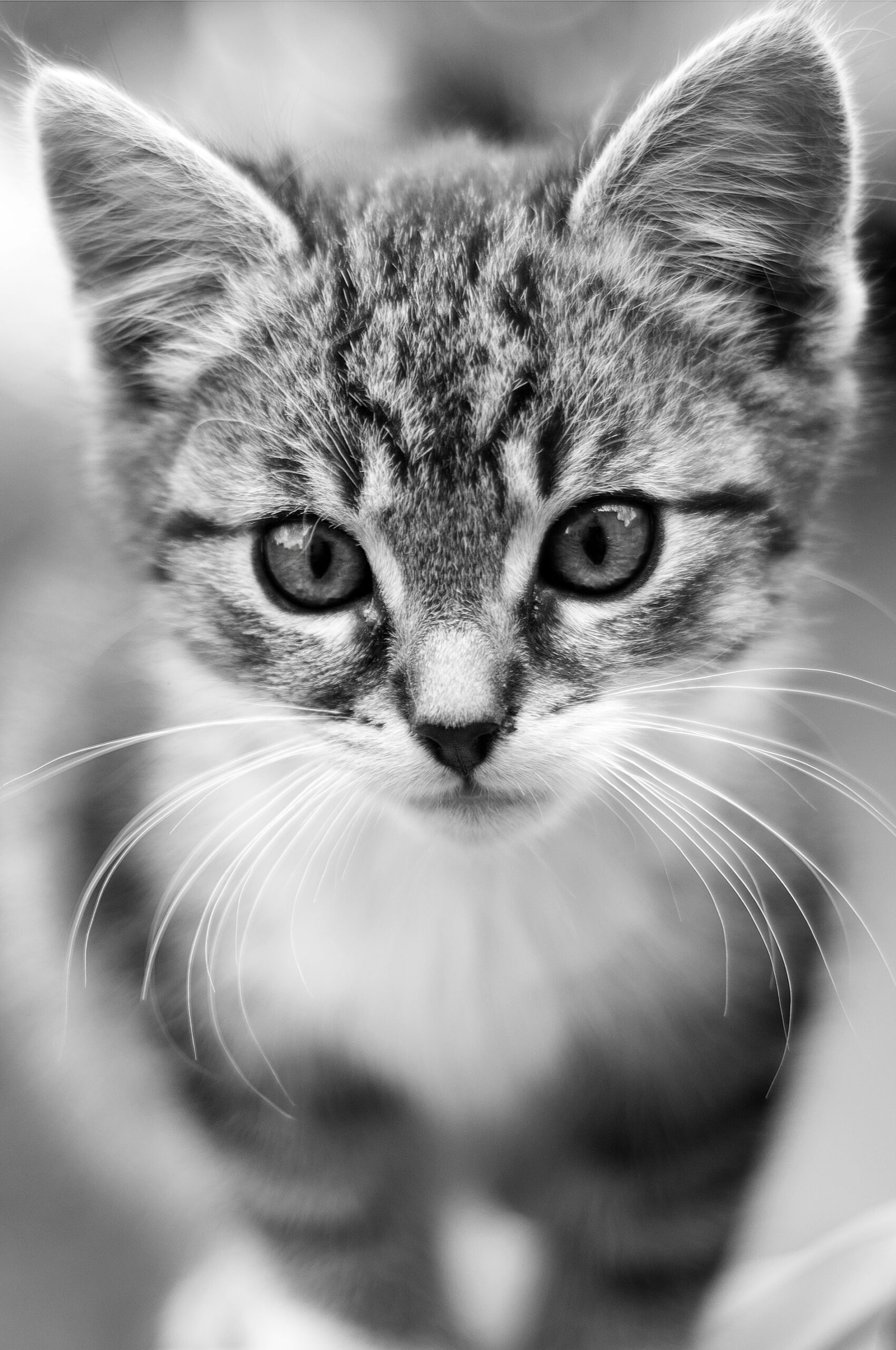
The Diagnosis of Hypertrophic Cardiomyopathy in Cats
How Do We Diagnose Hypertrophic Cardiomyopathy (HCM) in Cats?
- EARLIER IS BETTER. If you have an “at risk” breed like Sphynx or Maine Coon, you should have a cardiac workup done on your cat by the time they turn 12 months old, and every year thereafter.
- YOUR VET’S EXAM may reveal a heart murmur or “gallop rhythm”
- RADIOGRAPHS AND AN ECG MAY HELP, but not always.
- AN ECHOCARDIOGRAM (CARDIAC ULTRASOUND) by a veterinary cardiologist or radiologist is BEST. Not sure where they are? FIND A SPECIALIST HERE.
IF YOUR CAT HAS BEEN DIAGNOSED WITH HCM, THEY ALSO NEED THE FOLLOWING TESTS:
- BLOOD PRESSURE because hypertension can be caused by, and worsen, HCM.
- BLOOD TESTS — A Complete Blood Count and Chemistry Panel
- URINALYSIS because the kidneys are commonly damaged by HCM.
What’s the BEST Treatment for Hypertrophic Cardiomyopathy in Cats? Rapamycin.
Rapamycin For Hypertrophic Cardiomyopathy in Cats
The recent TRIVIUM STUDY proved that RAPAMYCIN slowed, or in some cases stopped, the progression of HCM in study cats. Here’s what you need to know:
- The study was small, with only 45 cats… so we may have more to learn.
- They excluded cats with severe HCM from the study, and these are the cats that I see most commonly
- It took six (6) months for the benefits of rapamycin to become clear.
HOWEVER, THERE IS NO OTHER DRUG PROVEN TO SLOW THE PROGRESSION OF HCM IN OUR CATS. ONLY RAPAMYCIN.
WHAT ELSE SHOULD YOU KNOW? RAPAMYCIN HAS BEEN PROVEN TO BENEFIT DOGS AND HUMANS WITH CARDIOMYOPATHY AS WELL.
PRETTY IMPRESSIVE.
HERE’S WHAT WE HAVE SEEN WITH RAPAMYCIN AND HCM KITTIES:
- I have 43 cats under treatment with rapamycin for HCM as of 8/1/24
- Of those, 5 have undergone echo rechecks after being on rapamycin for at least 3 months. FOUR of five improved, with one being taken off meds.
- RAPAMYCIN is very safe for cats, with only 2 cat parents reporting loose poop and 3 mentioning drooling after administration.
- RAPAMYCIN can be used safely alongside the other typical HCM drugs: clopidogrel, atenolol, benazepril, and furosemide.
Hello Dr. Toman –
Good news with Logan’s echo! The thickening completely resolved! Let it be noted that Logan’s condition is probably secondary to the mitral valve dysplasia, but for it to happen this fast I am sure the rapamycin helped! Next echo will be in 6 months instead of 3… Hoping for this outcome to stick. Thank you so much!
(Note that, medicine being medicine, I cannot guarantee any outcome. So far we are 4/5 for improvement in HCM kitties on rapamycin. I will update this as we get more rechecks. — Dr. Kevin)
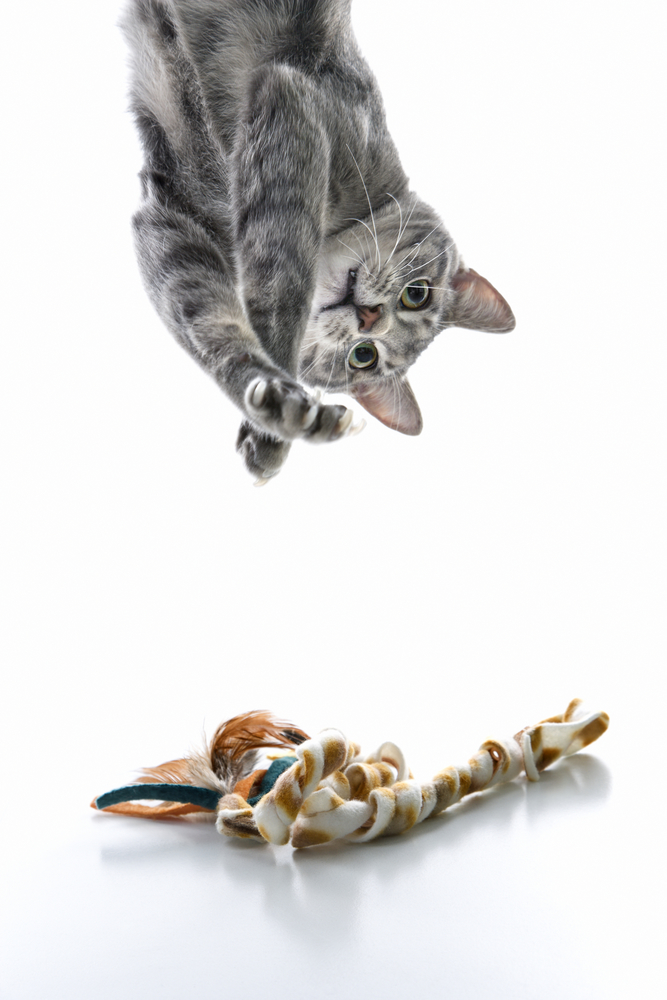
The Best Treatment for Hypertrophic Cardiomyopathy in Cats — Other Drugs
Your veterinarian or cardiologist may prescribe other drugs for kitties with Hypertrophic Cardiomyopathy.
Here are the most commonly used drugs for HCM treatment in cats, with the reason and common dosing regimens:
- ATENOLOL — Helps to reduce blood pressure and slow the heart rate. Typical dosing: 6.25 mg given orally every 12 hours.
- BENAZEPRIL– Is an ACE Inhibitor that helps to reduce blood pressure by dilating blood vessels downstream of the heart. Typical dosing: 0.5 mg/kg given orally once daily.
- CLOPIDOGREL — Acts to reduce platelet aggregation, thus minimizing the chances of blood clot formation. Typical dosing 18.75 mg per cat given once daily; may use higher dose to start.
- FUROSEMIDE– Helps to reduce fluid accumulation in cases of heart failure. Typical dosing is 2-5 mg/kg given 1-2x daily.
- PIMOBENDAN — Helps to improve cardiac output. Typical dosing: 1.25 mg given orally every 12 hours.
About Me
Hey, there. Dr. Kevin here. I am a veterinarian who has been in clinical practice treating cats like yours for over 30 years. I live on the Central Coast of California, and have a passion for helping pets live longer. I am particularly interested in longevity drugs like rapamycin, dental care, and cancer therapy.

